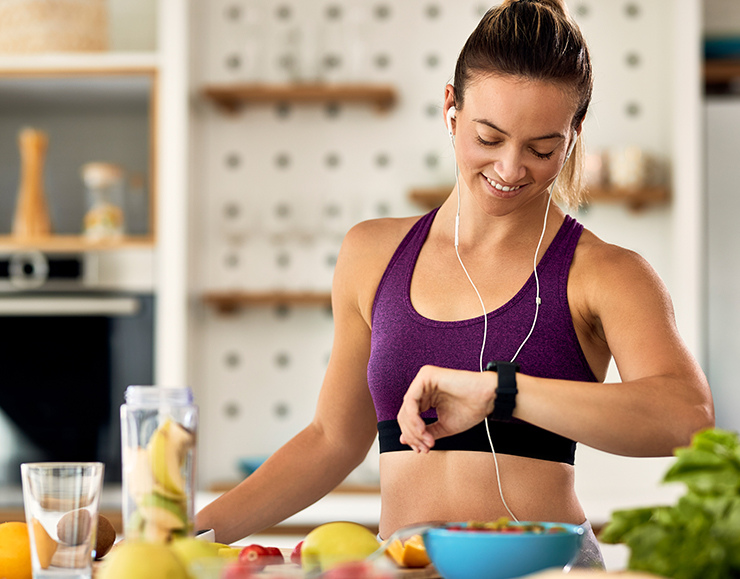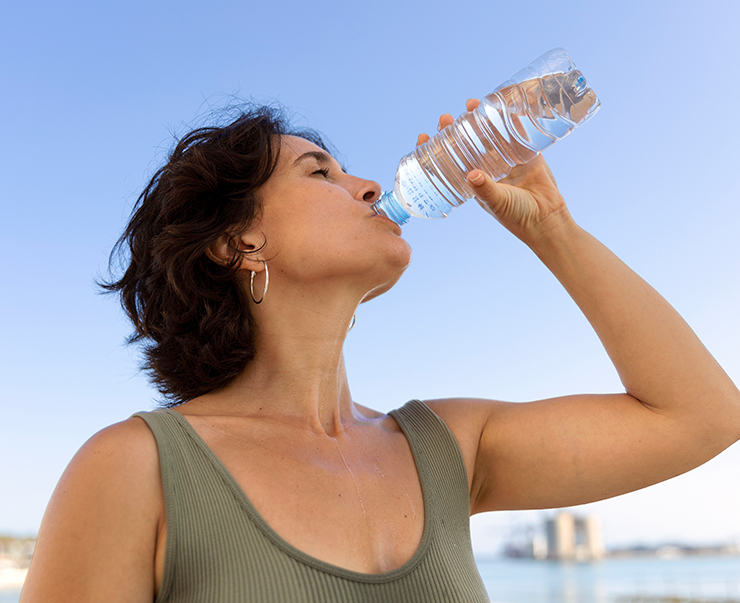
Various variables influence success in sports, and nutrition for runners is one of them. The food an athlete needs depends on several factors, such as the sport, the player’s objectives, the surroundings, and practical considerations. Individualized nutritional guidance, including runner’s diet before, throughout, and post-training and/or competition, is becoming increasingly important.
A runner’s diet depends on several factors, including the sport, the player’s objectives, the surroundings, and other aspects.
Nutrition intake before and after your run
Before: You should aim for about 1-1.2g of carbohydrates per kg for runs under an hour as an essential fuel target. It can change depending on the length and volume of training. Making your own sports beverage is an option if you’re pressed for time or it’s too early for a complete meal.
Directions: Mix 250ml of any fruit drink with 300ml of water, and if you tend to sweat a lot, add 1/4 tsp of salt. Before your training session, sip some of this, and keep doing so while running. Some other food items are the following:
- Scotch pancakes
- Fruit-and-banana yogurt
- Wheat loaves of bread are some more delectable alternatives.
After: After your workout, concentrate on starting the vital recovery process. In those 30 minutes of completing a run, ensure you’ve consumed all you need to get refueling, repair, and adaption going. You should consume up to 0.4g of grams of protein per kilogram weight and 1.2g of carbohydrates per kg. If there is no lunchtime, have a refreshing snack, which can include the following:
- A cereal bar with flavour-infused milk
- Granola with Greek yogurt
- Oat or dairy milk-based protein smoothie
What kind of food should one avoid?

If running is your preferred form of exercise, you should prioritize learning everything you can about improving your sprint and focusing on a runner’s diet. You need to nourish your body with various particular dietary options and engage in the best training routines to improve your run. However, it’s equally crucial to be aware of the meals runners should avoid. We have recommendations from experts on foods to avoid to have a good diet for runners.
- Meat
- Spicy food
- Soda beverages, sugary drinks
- Dairy
- Alcohol
- Fried foods
- High Fibre foods
Keep your hydration in check

Being adequately hydrated is essential to prevent health adversities and lousy performance. More energy, increased endurance, and a shorter recovery following a strenuous long run are possible advantages in nutrition for runners.
Pre-hydrate: To ensure you start your run well hydrated, consider consuming 17–20 fl. oz. around two hours before your run.
Keep yourself hydrated during the run: While jogging, consume 5 to 10 fl oz (or a couple of nice long sips) of water every 15 to 20 minutes.
Post run: Post-exercise fluids help you recuperate by restoring your fluid levels. 16–24 fl. oz. of water should be consumed for each pound lost when jogging.
A runner’s diet is essential to keep your physical health in check and avoid health adversities. To keep your motivation up and running, HDOR arranges various events and challenges you can participate in and win accolades for your running achievements.







